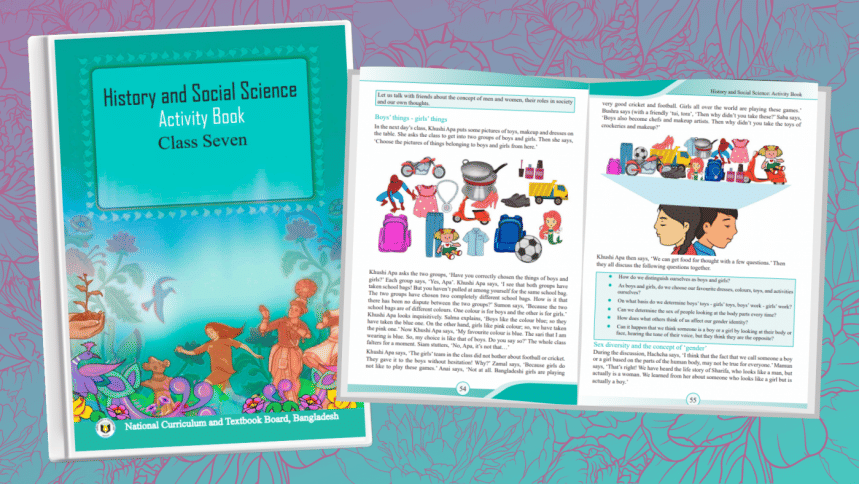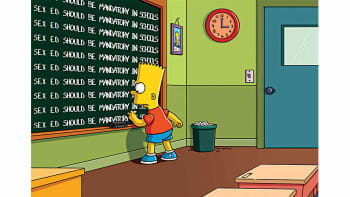The inclusion of gender studies in our national curriculum is commendable

What do you think happens when a child is born and immediately swaddled into a blue or pink towel to denote their sex?
In most cases, they become stamped by a set of predetermined values and suppositions that they are expected to follow throughout their life. To an overwhelming majority of our populace, this is the norm, with any exploration outside of what was assigned being subject to immense taboo. This perpetuates a culture where kids are taught to conform to certain gender roles that they have no say in from an early age.
When faced with stereotypes that are completely ungrounded, we have to turn to our education system to talk about topics like gender studies. Since the information that is presented to children through textbooks can shape their impressionable minds, it is no surprise that the education system plays a major role in forming opinions regarding fundamental concepts.
And now, after years of reforms, the latest revision of the curricula brought about a wave of change that signals a step in the positive direction.
In class seven's History and Social Science coursebook, a section is dedicated to explaining how to identify communities, how they are formed, and how they operate. What caught me by surprise, however, was the introduction of the section, "sex diversity, gender identities, and gender roles".
To put things into context, the lesson began with the introduction of a fictional character named Sharifa, a transgender woman. The plight of transgender people in Bangladesh was illustrated through her life story — from the way her family disowned her for acting "like a girl" during childhood to how she eventually found her footing in life.
Additionally, the lessons also talked about influential figures in the local hijra community, discussed gender stereotypes and encouraged being tolerant towards marginalised communities.
Keeping all the failures aside, I don't think anyone expected such a positive shift in our national curriculum. Introducing these topics will allow children to gain a more inclusive outlook, one that has been missing for as long as anyone can remember. It also has the ability to disperse taboos and allow for healthy conversations that may have been previously looked down on.
It will also aid in a rudimentary factor of learning – unlearning. Given how the textbook is structured, there is ample room for discourse that can help in unlearning certain biases that have been ingrained in households. Filtering our perception can go a long way in expanding our world view and leaving behind mentalities that may have been imposed on us by mass media, society, or our families.
Even though the government's efforts to include gender studies in the national curriculum is laudable, significant changes must still be made if real change is desired. It must be ensured that teachers are capable of relaying the intended information and messages to their students instead of skipping these topics entirely, which has always been observed in the case of teaching reproductive health in the Physical Education textbooks. Unless the relevant stakeholders are held accountable, the efficacy of this initiative will be watered down to nothing but mere lip-service.
Ayaan immerses himself in dinosaur comics and poorly-written manga. Recommend your least favourite reads at [email protected]

 For all latest news, follow The Daily Star's Google News channel.
For all latest news, follow The Daily Star's Google News channel. 









Comments